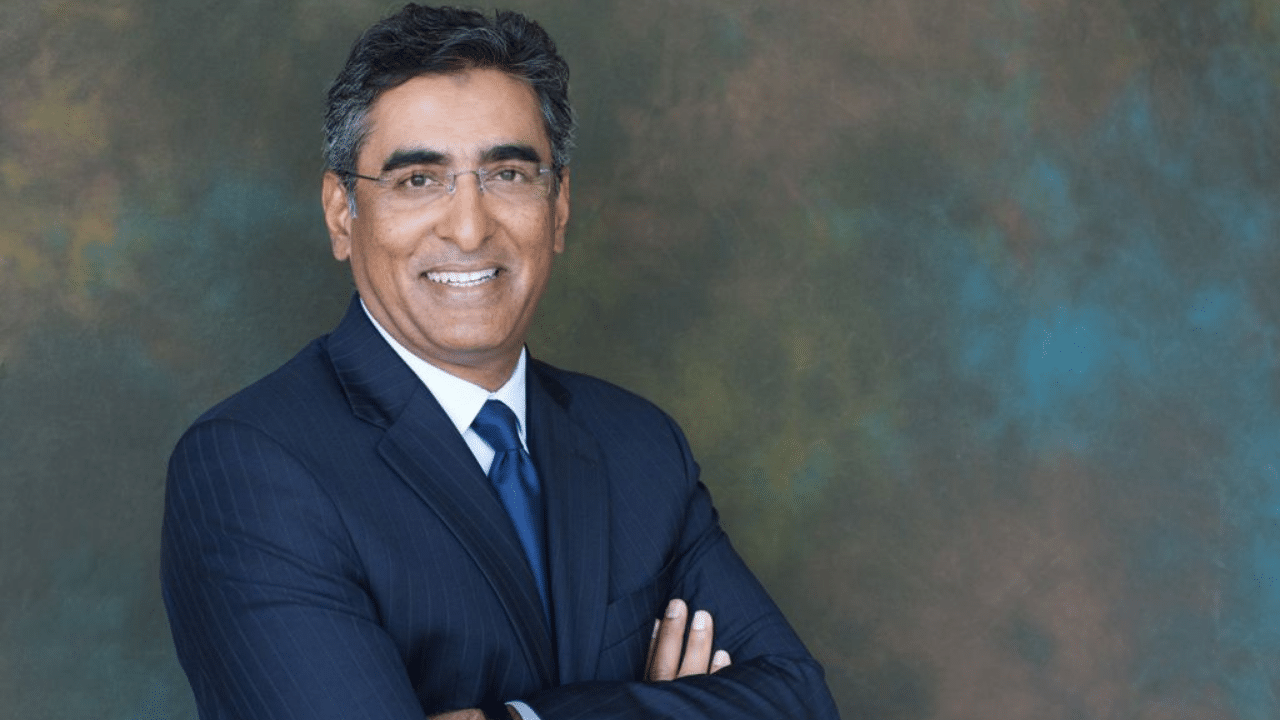The gender gap in Pakistan is around 50% as opposed to the 9% global average for developing economies and we are ranked 3rd from the bottom in the 2021 Gender Gap Index report by World Economic Forum. But, by increasing institutional gender diversity, we can practically address the gender gap in financial inclusion.
These thoughts were shared by Rehan Shaikh, CEO Standard Chartered Pakistan, at the unveiling event of SBP’s ‘Banking on Equality’ policy that recently took place at the President House. The State Bank of Pakistan (SBP) has launched this gender mainstreaming policy to reduce the gender gap in financial inclusion and improve women’s access to financial services.
Rehan Shaikh congratulated the team at the State Bank of Pakistan involved in the formulation of this all-encompassing, multi-dimensional, and comprehensive policy framework to reduce the gender gap through financial inclusion. He highlighted that this policy framework could not have come at a more opportune time given the underlying challenges of Pakistan.
“Structural barriers continue to hinder progress towards women’s economic empowerment in Pakistan who remain underserved by the financial system, both from a demand and supply perspective,” Shaikh said.
“Only 29% of adult women in Pakistan have a formal financial account, which is low compared to other developing and even Islamic countries. On the contrary, some of the East Asian Countries like Philippines and Indonesia have around 67% financial penetration – even more skewed in women’s favor,” he stressed.
It’s important to note that the ‘Banking on Equality: Reducing the Gender Gap in Financial Inclusion’ policy is the first gender mainstreaming policy for the financial sector, which will introduce a gender lens in the banking industry’s policies and practices. It’s built around SBP’s belief that mainstreaming the role of women has widespread benefits at social, economic, and financial levels for the entire country.
Talking about the far-reaching impact of the new framework, Rehan Shaikh said that the envisioned empowerment under the framework through access to finance, jobs, and financial literacy will generate tremendous value creation and dividends – not only for women but communities and country as well.
“At Standard Chartered, almost half of our global workforce is women with strong representation in our management team. Similar focus in Pakistan has fortunately led to improvement in our gender diversity from 21% to approximately 30% in 5 years,” Shaikh informed.
For that to happen, he added, the Bank had to challenge the mindset, get focused on women’s hiring with departmental targets, nurture female talent through mentoring, introduce and revise conducive policies such as daycare, parental leave benefits, flexible working, etc.
Rehan also highlighted how Standard Chartered’s focus on lifting participation of women and small businesses was perfectly aligned with SBP’s ‘Banking on Equality’ policy. “By lifting participation we will help unleash the full potential of women in our markets. The work we are doing through Women in Technology has enabled us to help bridge the vast funding gap that exists for women entrepreneurs and their place in the workforce,” he informed.
And to take this further, Rehan said, our best lever is going to be digital as a technologically advanced, financially inclusive ecosystem cannot be achieved without innovative financial systems and solutions. “Digital financial services have expanded opportunities for over 240 million women compared to 2014. We certainly need to leverage that reach.”
Currently, women’s participation in Pakistani financial institutions’ workforce is a meager 13%. But Pakistan’s banking industry is now compounding efforts to bring this number up to 20% by 2023. That 7% uplift in itself would mean thousands of new female entrants in the financial service industry.
The ‘Banking on Equality’ policy identifies five key pillars namely: Improving gender diversity in financial institutions and their access points; Development and marketing of women-centric products and services; Creating department external relations women desks at bank branches for improved facilitation for women customers; Robust collection of gender-disaggregated data and target setting; and Institutionalizing a Policy Forum on Gender at SBP.
Specific targets have been allocated accordingly with financial institutions required to increase the women employees’ ratio in the workforce to at least 20% by December 2024.
“There is a lot to learn from and replicate through enhanced industry engagements and knowledge sharing,” added Rehan Shaikh. “We will only be able to deliver a meaningful impact if the whole eco-system works in tandem and an end-to-end integrated approach covering credit, deposits, insurance, and microfinance is adopted.”





















